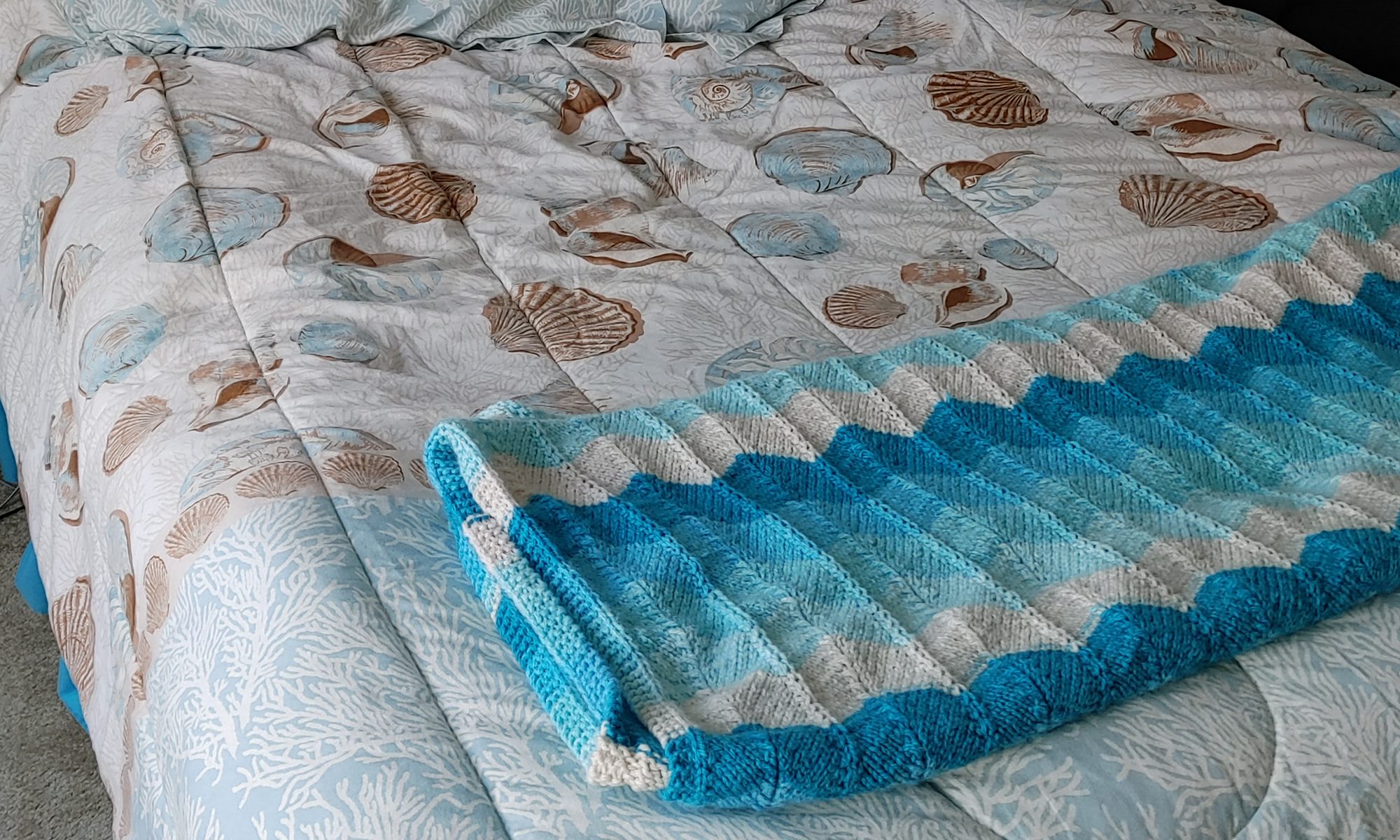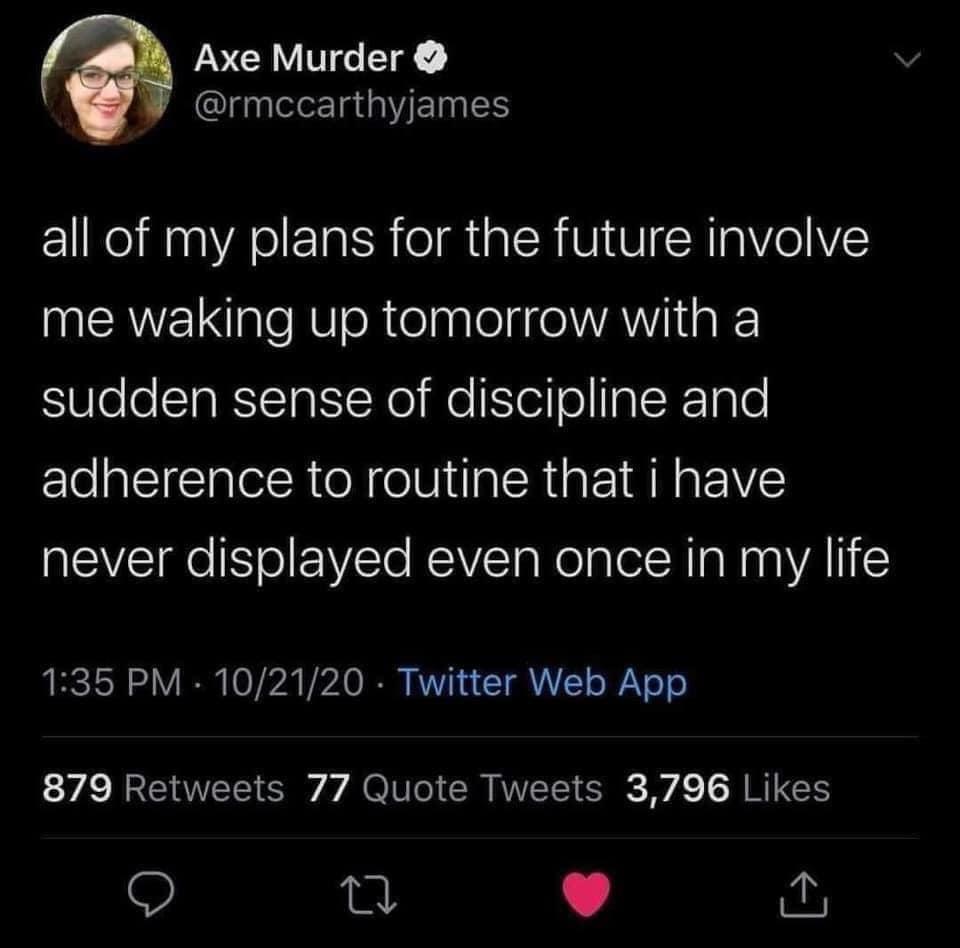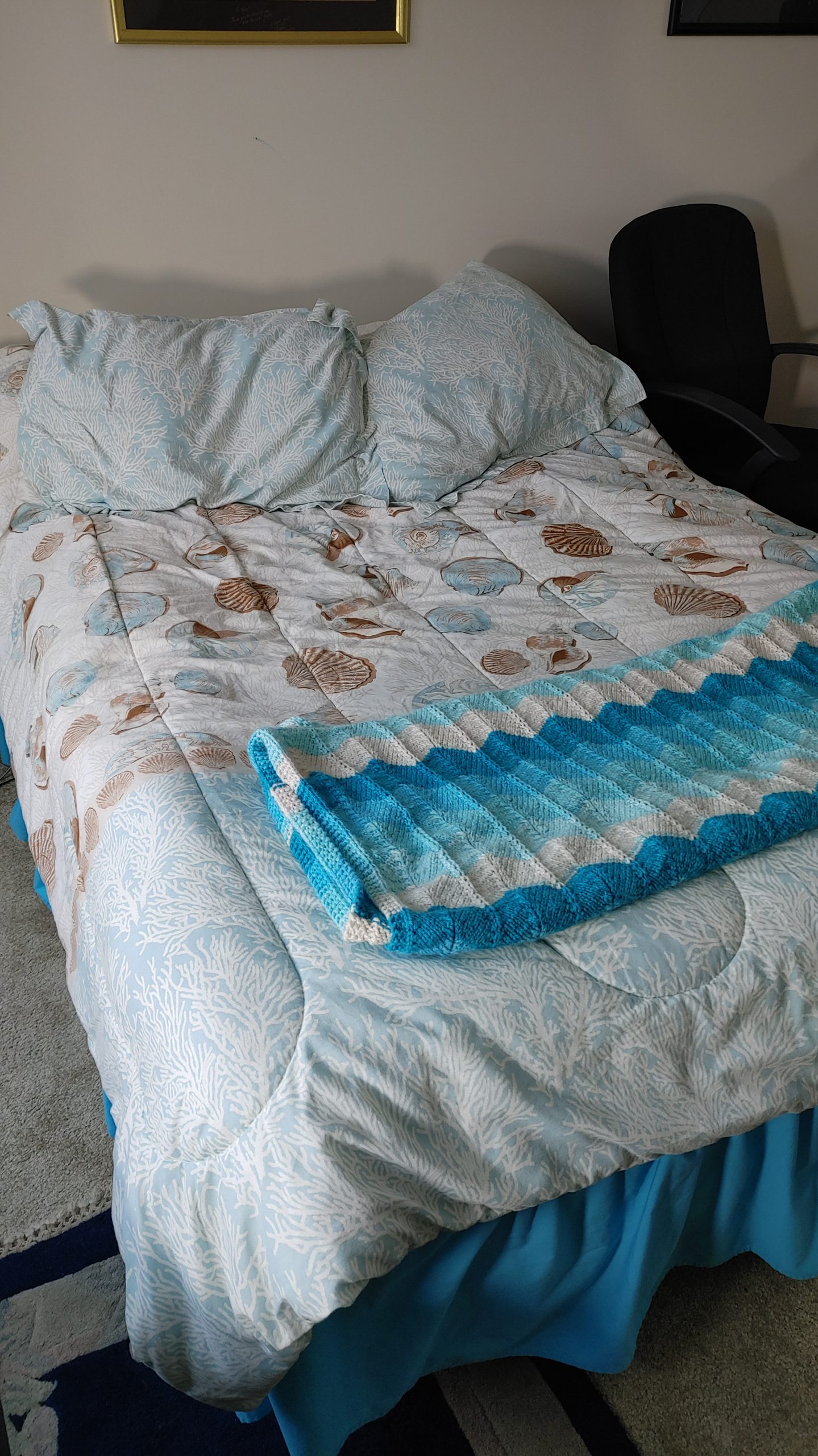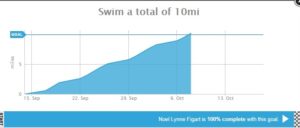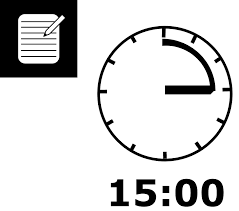
You know the “It only takes fifteen minutes!” stuff?
Hey, you should be doing this One Great Thing because it “Only takes fifteen minutes a day!”
I used to think that was cool. Oh wow, look at what I could improve in fifteen minutes. I should be doing that.
You know what that stuff ignores?
It ignores the fact that transitioning between activities actually takes a few minutes. I’m sorry, multitasking doesn’t really exist. It ignores the fact that your time is genuinely finite.
Let’s talk about those “Just fifteen minutes.” You have ninety-six blocks of “just fifteen minutes” each day. You can’t have any more than that.
But, hey, that’s nearly a hundred blocks, so that’s pretty cool, right? You have more time than you think.
No. You have less time than you think.
If you’re sleeping enough, you’re taking thirty-two blocks off the top. You’re down to sixty-four usable blocks. Oh… take a block off for fifteen minutes to wind down enough to sleep. (At least I need that.) So, sixty-three blocks remain for your use.
And let’s say you work an eight-hour day. During the workweek, that brings you down another thirty-two blocks. So, all that personal development stuff you’re not being paid for? You have thirty-one blocks to work with.
That’s assuming you don’t have a commute. Okay, take off another four blocks for that if you’ve got a shortish commute into an office.
Now during a typical work week, you have twenty-seven blocks left. This is time available for chores around the house, socializing, hobbies, exercise, doctor appointments, charity work, voting – all of that.
Oh, wait… if you work in an office and work an eight-hour day, you’re probably still at work for about nine hours because they presume a one-hour lunch. You’re probably working through that. At least, most offices I’ve ever worked at have a culture of doing so. So, that time isn’t entirely your own, either. Now you’re down to twenty-three blocks for all that stuff I was talking about above.
In my case, I do have some morning and evening routines that do help to streamline my life. They are meant to get in some needed personal and household maintenance. Those routines take two hours a day, and that doesn’t even include my daily walk. So, take away another eight blocks to give us fifteen blocks.
Oh, right. Transitions do take time and mental energy. Let’s be generous and take out three blocks for transitions of various sorts. So, down to twelve blocks.
That’s the rest of what you have to work with. Three precious hours to do what you actually want to do instead of doing what you “should.” That’s what you have available for socializing, reading, hanging out with your family, and just damned well resting.
This presumes no childcare duties. This doesn’t take into account cooking meals, shopping, making meals, cleaning house, and all that smack. Some of it is done on the weekend, sure. But still…
“It’s only fifteen minutes” really adds up and eats into your day.
This is why I’m so into being deliberate about how you spend your time.
I’m developing a class about this and will be offering my first session the last three weeks in August. If you’re interested, let me know and I’ll let you know more particulars.

